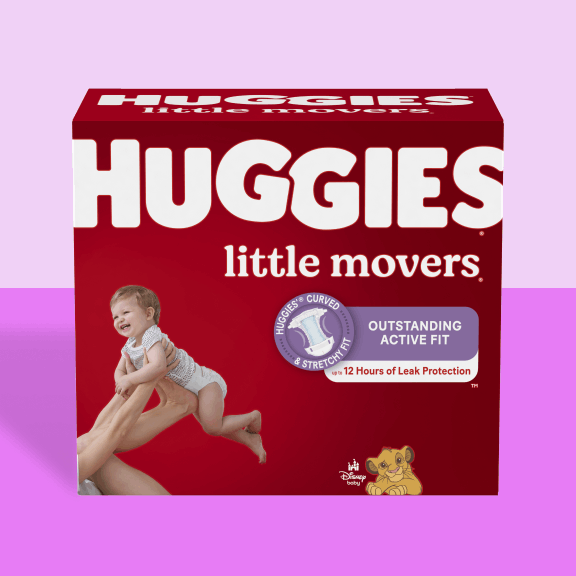Baby Care
Baby Care: 11 Week Old Baby

Make a point of dressing your baby in their special clothes, even if you are just spending the day at home. You will be amazed at how quickly they grow out of these small sizes. And don’t forget to take pictures!
Your baby’s weight is only one indicator of their growth and you will see that they are looking longer and their head a little larger. Your baby’s size is influenced by many factors: their individual make-up, the genetics they inherited from you and your partner, their environment, and importantly, the nutrition they are receiving each day.
Who are they like?
You are now likely able to see your baby’s personality and temperament. You may see familial similarities which come as a delightful surprise. Or alternately, your baby may be unique in their features and unlike anyone else in the family. Parents are pre-programmed to respond to and care for their children, and it’s nothing less than pure joy when parents get to love the little person they have created.Feeding
Some babies will seem hungry all the time. They are the happiest when they are feeding and don’t last long in between meals. If this sounds like your baby, no need to worry. If they are gaining weight appropriately, they are getting what they need. It is still too early for solid food. Their digestion is too immature for any food other than breastmilk or formula. Closer to 6 months their tummies will be ready for more complex foods.Sleeping
Watch your baby for signs of being sleepy such as yawning, rubbing their eyes, staring into space, or becoming fussy. Try to develop a consistent bedtime routine, such as a warm bath or face wash, followed by a song or reading a book. Then lay your baby down before they become overtired and before they are asleep. Babies have a “sleep window” of time where it is easier for them to drop off to sleep. Missing your baby’s cues that they are tired will make it harder for them to settle down and drop off to sleep.Behavior and development
You’ll get lots of smiles, coos, and even laughs from your little one this week. Play peek-a-boo, patty-cake and “blow raspberries” with your baby. Sing nursery rhymes, make funny faces, and just have fun. Make up little games that are unique to you both. These interactions don’t need to be complex—in fact, the simpler the better. By doing this you will be feeding your baby’s brain, which is just as important as feeding their body. Science has shown that one of the most important periods for brain development is in the first 3 years of life. It is vital for children to receive loving, sensitive, and nurturing interactions over this time. Don’t feel like you must constantly be doing things with your baby. Sometimes it is enough just to be with them.Crying
Your baby’s cry may be changing now, towards becoming more intense and louder. They are starting to know what they want, and you’ll find they will have different cries for different needs. Some babies are easier to read than others. Some are calmer, easy to please and are quickly soothed. Others may require lots of soothing and reassurance before they settle. Temperament and personality are, for the most part, genetically inherited traits. Many parents feel they can see their own personalities reflected in their baby, even at this early stage.Routine
Your baby may now be able to go longer between feeds and may not need to feed in the middle of the night. Many parents see their baby’s longer sleep time as a chance to catch up on their own sleep or other things around the house. Good sleep is important for a healthy immune system and memory, and it is key to feeling energized and refreshed the next day. If you feel as if you have “baby brain” or a mental fog from poor sleep, working to get more sleep is likely to help. Make sure you are well hydrated and avoid drinking too much coffee or other caffeinated drinks.What you can expect
Your baby is nearly 3 months old, that magic age where they are likely to be more content and less fussy. You may have found they are crying less and are more easily consoled. Some babies, however, may continue to have periods during the day when they are fussy, crying, and inconsolable (sometimes called colic). Remember to never shake a baby to get them to be quiet. If you find yourself feeling overwhelmed, frustrated, or angry, place your baby in their safe crib and leave the room until you have calmed down. Call a friend or your partner and ask for help. It’s okay to let them cry while you take a break. Talk to your pediatric healthcare provider about your baby, what else you might try, and how you are feeling.
The information of this article has been reviewed by nursing experts of the Association of Women’s Health, Obstetric, & Neonatal Nurses (AWHONN). The content should not substitute medical advice from your personal healthcare provider. Please consult your healthcare provider for recommendations/diagnosis or treatment. For more advice from AWHONN nurses, visit Healthy Mom&Baby at
health4mom.org.












